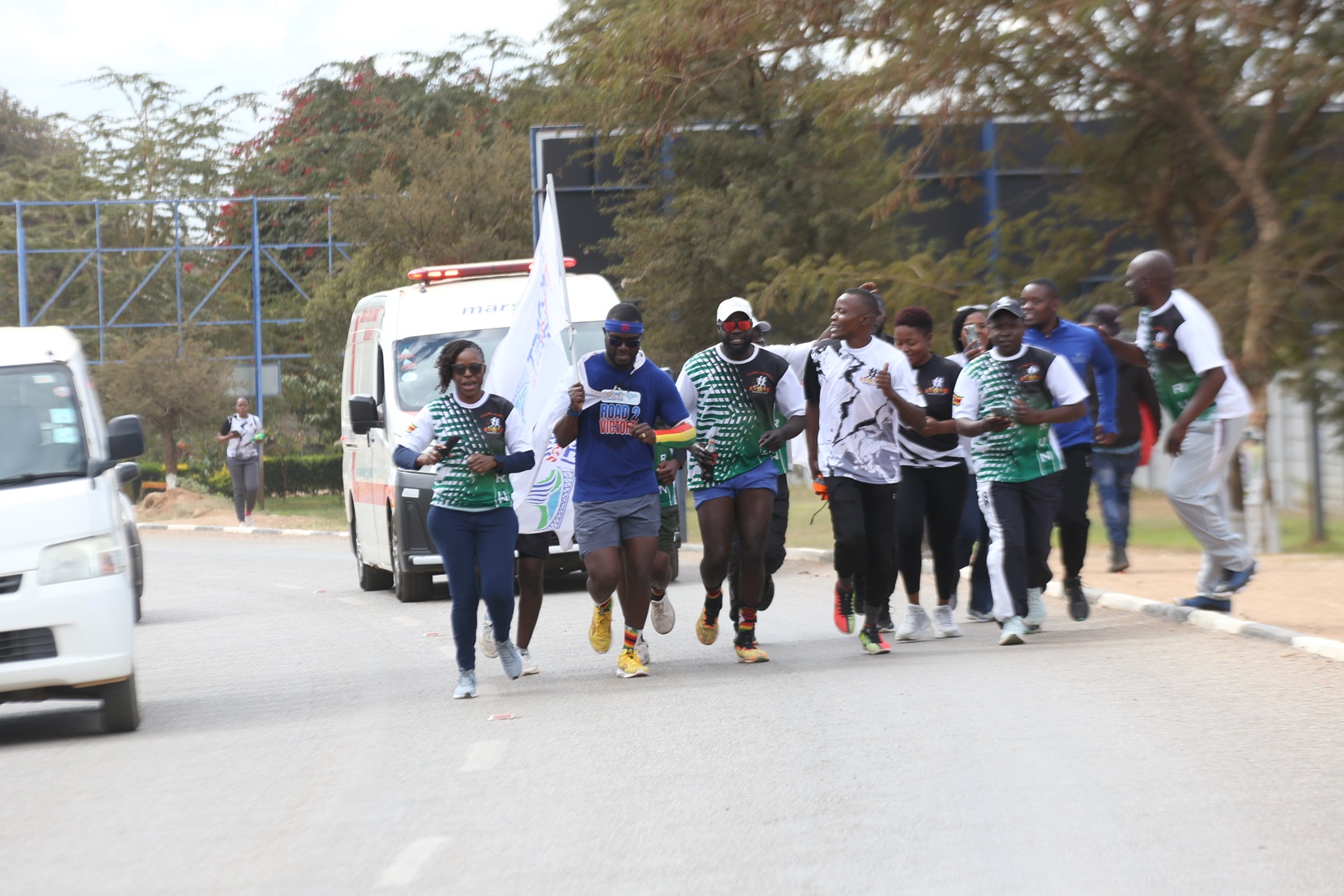Staff Reporter
The Midlands Black Rhino Conservancy (MBRC) will this month host a marathon aimed at raising awareness for the protection of the endangered black rhino, with more than 200 athletes from across Zimbabwe expected to take part.
The event, organised in conjunction with the Kwekwe Runners Club, is set for 21 September 2025, starting at 5:30am. It will feature 5km, 10km, and 21km trail runs along the scenic stretch from Muwandi Shopping Centre to the SCEC Centre, a core part of the Conservancy.
Speaking ahead of the run, the organising committee spokesperson Michael Magoronga said the race would be both a sporting and conservation event.
“We are excited to be hosting this marathon, which is aimed at raising awareness on the protection of the endangered black rhino,” said Magoronga.
“The trail run will feature 5km, 10km, and 21km categories and we are expecting more than 200 participants from across the country. All logistics for transporting runners from Kwekwe CBD to the starting point, and from the finishing line back to town, have already been put in place,” he said.
Registration has been pegged at US$20 for all race categories, with participants set to receive a race kit that includes a T-shirt and a medal upon completion.
Magoronga said the marathon will run under the theme “Run the Mile, Save a Rhino”, in line with the 2025 World Rhino Day campaign “Rhino Revolution.”
“This theme resonates with the global call to protect all five rhino species from poaching and habitat loss. We want every step taken in this marathon to remind people that rhino conservation is urgent and must be everyone’s responsibility,” he said.
World Rhino Day, commemorated annually on 22 September, highlights the plight of the species worldwide. Zimbabwe’s black rhino population has faced decades of threats, from cross-border poaching in the 1980s to current challenges of land invasions in conservancy areas.
“The Midlands Black Rhino Conservancy was established in 1987 to save rhinos that were being slaughtered by poachers. At its peak it covered 63,000 hectares contributed by 14 farms,” Magoronga explained.
“Today, the remaining black rhino population is under siege as farmers and wildlife fight for the same space. This run is therefore not just about sport — it is about protecting our heritage.”



